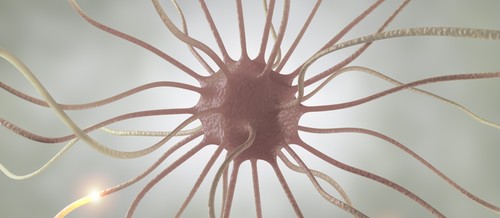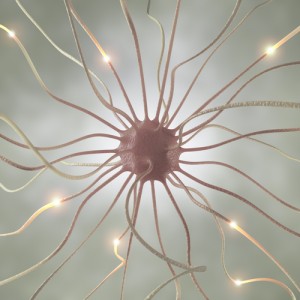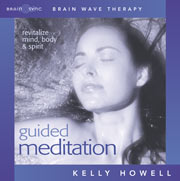
Meditation Actually Grows Brains Cells

If you meditate, you may have reached the silence and depth you need to recharge and reconnect. Meditators often find they can transcend the things that drain their energies and emerge into a new wholeness, a more confident, inner directed path. Yet at one time, the benefits of meditation seemed to be wholly subjective.
Now, the effect of meditation has become a growing subfield of neurological research. Since 1975, when Dr. Herbert Benson reported that meditation induces a host of biochemical and physical changes in the body collectively referred to as the “relaxation response,” research has expanded.
Dr Benson, founder of Harvard’s Mind-Body Medical Institute, demonstrated that the relaxation response includes changes in metabolism, heart rate, respiration, blood pressure and brain chemistry. Benson and his team have also done clinical studies at Buddhist monasteries in the Himalayan Mountains. Benson wrote The Relaxation Response to document the benefits of meditation. In a one survey, the best-seller was the number one self-help book that clinical psychologists recommended to their patients. Studies in the 1990s turned research on adult neurogenesis, the regeneration of brain cells, into a mainstream pursuit.
Modern scientific techniques and instruments, such as MRI and EEG, are now used to see what happens in the bodies of people when they meditate, as well as its long term effects.These studies have shown substantial bodily changes as a consequence of regular meditative practice. They include growth in regions of the brain activated involved with compassion and understanding others, being mindfully aware, sustaining focus on a single object for a long period, and others.
A University of Massachusetts study, Mindfulness Practice Leads To Increases In Regional Brain Gray Matter Density, revealed that meditators may be benefiting from actual growth in their brain cells. The researchers report that those who meditated for about 30 minutes a day for eight weeks had measurable changes in gray-matter density in parts of the brain associated with memory, sense of self, empathy and reduced stress.
“The main idea is to use different objects to focus one’s attention, and it could be a focus on sensations of breathing, or emotions or thoughts, or observing any type of body sensations,” said the study’s author, Britta Hölzel. “But it’s about bringing the mind back to the here and now, as opposed to letting the mind drift.”
 Relevant Audio : Guided Meditation
Relevant Audio : Guided Meditation
- Generate nourishing states of well-being
- Obtain clarity and insight
- Experience Theta meditation
SEP
